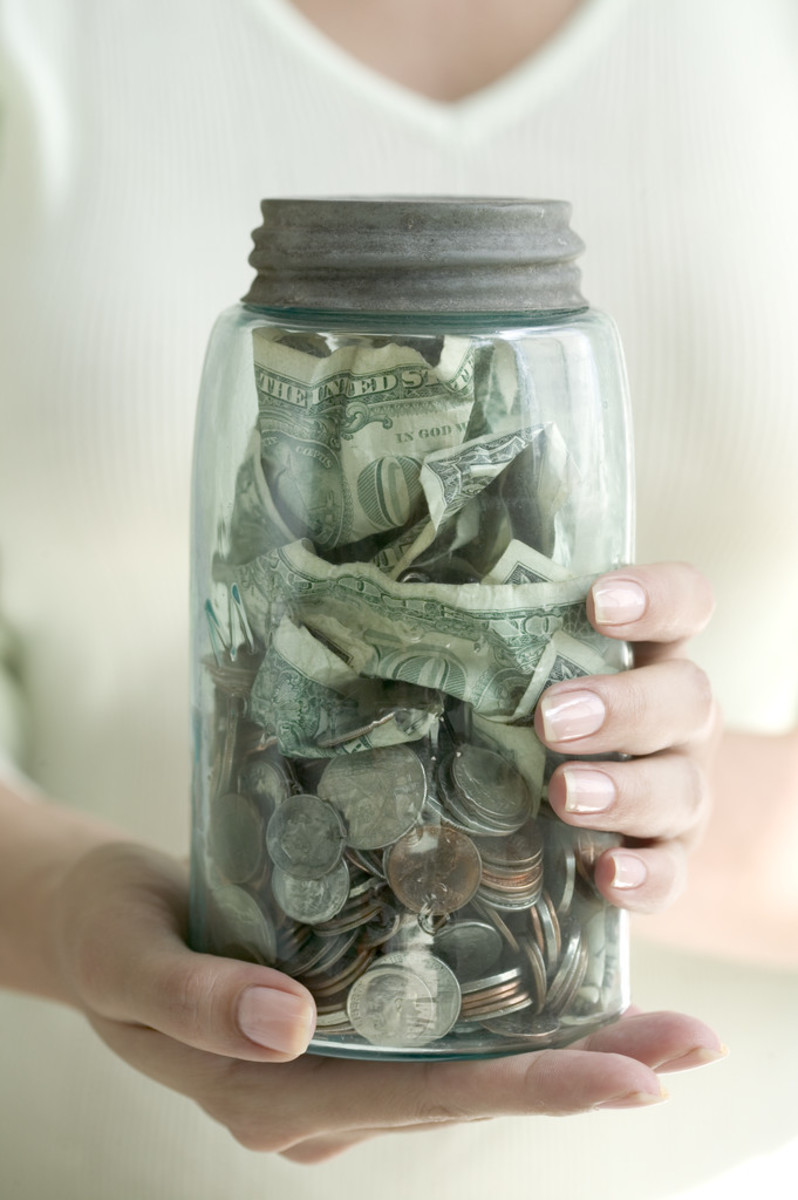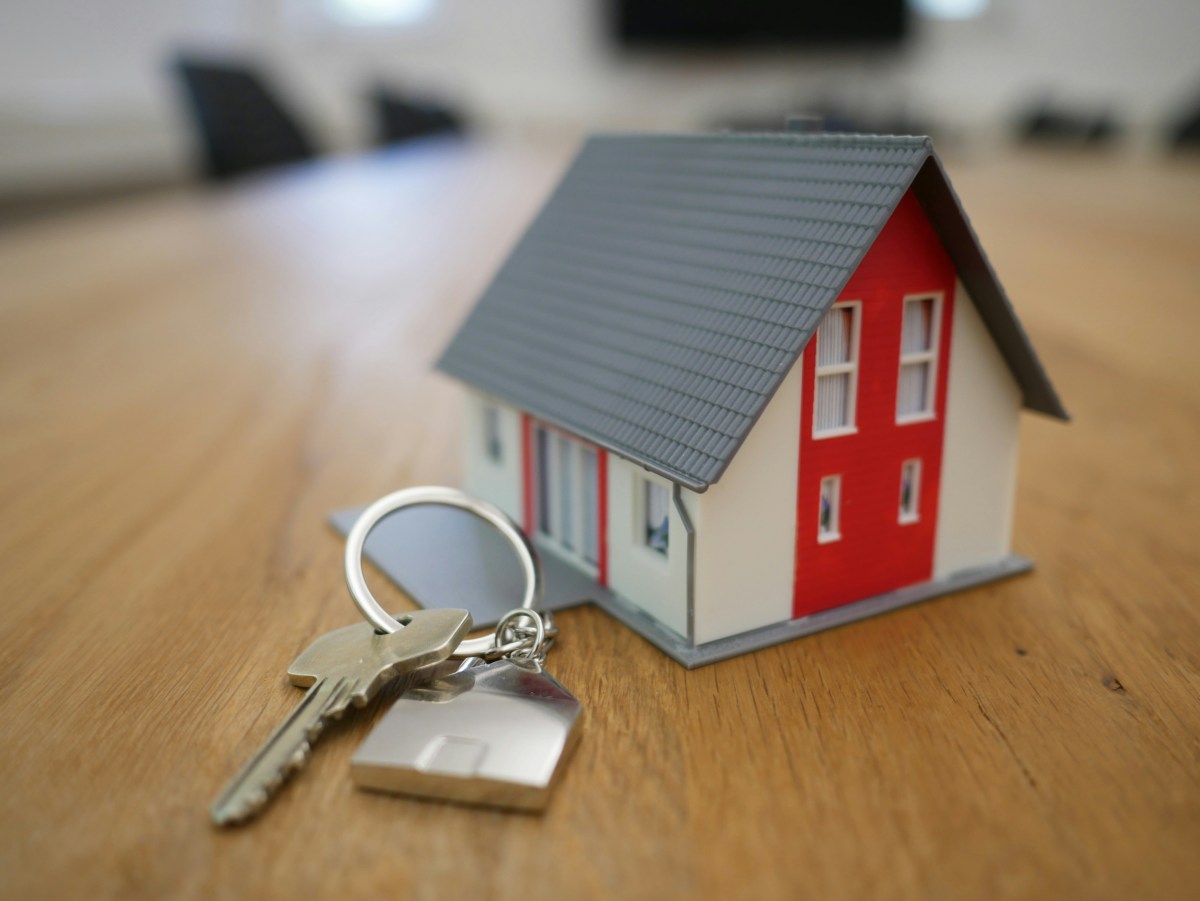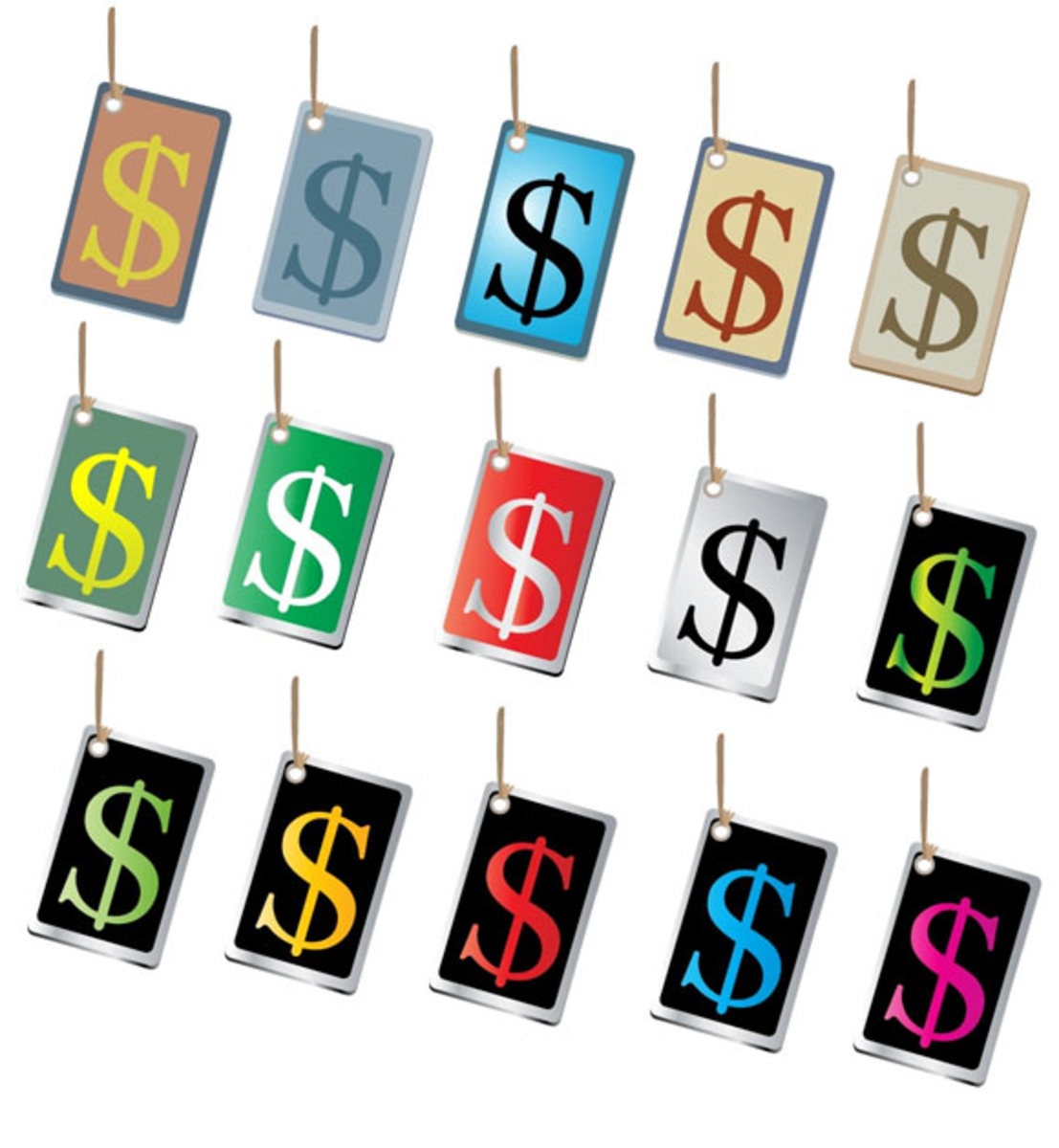Empty Wallet Again? Where Does All the Money Go?
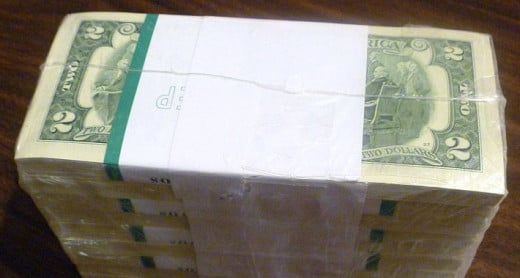
Where Does All the Money Go?
The first step in finding the best ways to save money is to look at where all the money goes. When most people look at their gross salary, it seems like a lot of money. Gross salary is the total salary before taxes- this is often the salary that is listed on credit applications and other financial forms. This is the number that most people will say when asked how much they make.
However, no one actually gets their gross salary. By definition, a big part of the gross salary goes to federal taxes, state taxes, FICA, and other fees. The amount of money you actually bring home- your net salary- is about 30 to 40% less than your gross salary.
The difference between gross salary and net salary is a big piece of the answer to where all of the money goes. For example, if you think you're making $100,000 per year since that is your salary, you might base purchasing decisions on that amount. You might think you can afford payments on a $300,000 house and payments on a $40,000 car since your are making $100,000 a year. But you are only bringing home about $60,000 after taxes. If you are having trouble figuring out where all of the money goes, part of the answer may be that you don't really make as much money as you thought you did...
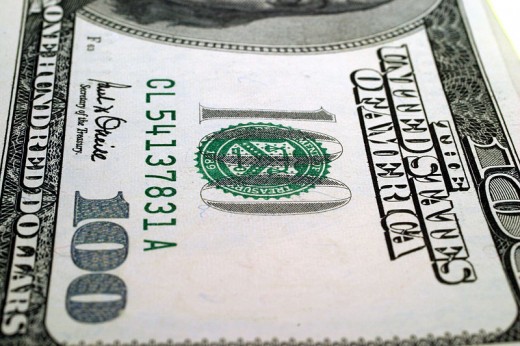
Your Biggest Bills- Biggest Opportunities to Save Money
So you are left with 30-40% less salary than the familiar number that comes to mind when you think of your salary due to the difference between gross salary and net salary. The next hit is of course the bills. The biggest bills for most people are expenses for shelter, food, transportation, and debt. Let's look at these big bills first.
Shelter: Mortgage or Rent
Almost everyone has a big bill every month for "shelter". This may be a mortgage payment or rent. Even if you are fortunate enough to have your home paid off, you still need to pay property tax. Another part of your bill for shelter is home owner's insurance if you own a home.
Food: Groceries and Eating Out
Food is expensive. You could easily spend thousands of dollars eating out in restaurants every month if you weren't constrained by a budget. Food is like most other products- you can keep on moving up to more and more expensive foods almost without limit. Even if you spend your food dollars carefully, it is easy to spend a lot of money on food- especially if you are trying to get a healthy diet with lots of fruits and vegetables and quality meat. With the busy lifestyle that most people live now, the temptation of eating out also can provide a way to spend more money on food than you plan.
Transportation: Car Payments, Vehicle Repairs, Gas
Owning a car is another big bill. Many people make car payments every month of hundreds of dollars, and many households are making payments on more than one car. This adds up to a lot of money going out every month for transportation. Car insurance is also expensive. Plus you need to buy gas for your car and pay for maintenance and repair for all of the vehicles in your household. It is very convenient to be able to hop in a car and go where ever you want- but this convenience has a big price.
Debt and Credit Cards
Most households have one or more credit cards and make debt payments every month. Student loans are another common debt. The interest rate of debt can vary and reach extreme levels for credit cards- I have heard of people with fairly good credit paying 29.9% on credit cards. The effect of this can be that you never pay off you debt. If you make minimum payments on a credit card, it can take 30 years to pay off a credit card! This reminds me of the old "company store" from coal mining days. Once you get in debt, it can be very hard to get out.
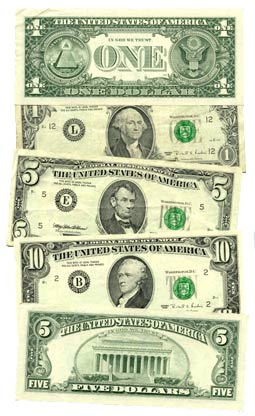
Best Ways to Save Money- Major Expenses
Your biggest bills present the best ways to save money if you can reduce them. Since these are the big expenses, there is the most opportunity to save money by cutting in these categories. All of these big expenses are recurring, so if you can find ways to save, it will save you money every month.
Ways to Save on Shelter
The most drastic way to reduce your bill for shelter is to move to a less expensive place to live. This may involve moving to a smaller house, or living further away from the most desirable neighborhoods. One downside of moving is that moving itself involves spending money on moving expenses before you start saving money on your rent or mortgage. Another downside is that moving is disruptive, especially if you have kids in school. I was able to move to a smaller property without moving to a different school district. If you can reduce your housing bill, you can save a lot of money every month.
Another approach to reducing your housing bill if you have a mortgage is to consider refinancing your mortgage. This can reduce your monthly payments and save you money on interest payments over the long term. There are origination fees for a mortgage refinance, so you will need to stay in your house for some time to make it worth the cost to refinance. This mortgage refinance calculator can quickly give you an idea of how much you could save by refinancing.
Ways to Save on Food
The quickest and easiest way to save money on food is to stop eating out. You can prepare meals at home that are much healthier and less expensive than eating out. It takes work to plan your meals and prepare your own food at home, especially if you have become accustomed to eating out.
A good first step is to pack your lunch rather than eating out for lunch at work. As you transition to eating most or all of your meals at home, focus on your grocery bill. Buy products in larger sizes to save money. Start collecting and using coupons more often. Even if you already eat at home most of the time, there are opportunities to cut your grocery bill by planning and shopping carefully. Most people are overweight- so you can combine losing weight with saving money on food. This article describes how the average American could turn 23 pounds of extra weight into $700!
Ways to Save on Transportation
The best move is to avoid making car payments, but there are lots of people who need to drive to work, but do not have cash to buy a car.
A lot of personal finance experts heavily criticize people for buying new cars and making car payments. I think buying a new car can make sense in some circumstances. Some people would be better off buying a new car with a 6 year warranty for $20,000 instead of buying a 5 year old used car with no warranty for $10,000 and making payments on that. The interest rates are much lower on a new car- sometimes even 0%. What if the $10,000 used car breaks down and you have to borrow $3,000 to repair it? I have heard of this happening, and you might end up spending about the same making payments on the old car than buying a new car. Plus when you get the new car paid off, even if it takes 5 or 6 years, the new car will still have lots of life left. The $10,000 older car might be pretty much shot by the time you get it paid off, and then you'll be stuck making payments on the next car right away. The point here is to make a careful choice when buying a car to try to reduce your overall expense and get the most value for your money.
One way to save money on transportation is to have less cars in your household. If you have an "extra" car that you don't drive very often, consider selling it. You can use the money to pay off bills or even invest, and you'll save money every month on insurance.
Another way to save money on transportation is simply drive less. Try to combine trips- for example hit the grocery store on the way home from work rather than making a special trip. Plus stop driving to fast food places- you waste gas at the drive-through window and you waste money paying for fast food.
If you are really committed to saving money on transportation, consider cutting back to one car in your household or even going without a car. I remember years ago when my wife and I had one car, she needed to go to an appointment and I needed to go to work. I got up at 4:00am that morning and walked 4.5 miles to the carpool parking lot to catch a ride to work. I wouldn't want to do that every day, but we did save money by only having one car.
I mentioned carpooling, and that is another way to save money on transportation. Some employers have "official" carpool programs that you can sign up for. Or you can start your own carpool informally with a few friends and take turns driving. You'll save wear and tear on you car and gas money as well.
Ways to Save on Debt and Credit Cards
If you have high interest credit card debt, it is worth some effort to try to finance that debt with a less expensive loan. You can then pay down the principle instead of burning money on high interest rates. If you have a good credit rating and high enough income, you can get a debt consolidation loan from a bank. This debt consolidation loan calculator will show you how much you could save by consolidating your high interest credit cards onto a lower interest loan.
Of course, consolidating your debts won't do much good if you run up new debt on your credit cards. Part of addressing debt is to reduce your spending so you can pay off any credit card charges every month. The next section of this article will go into ways to spend less money every day and avoid running up debt.
Best Ways to Save Money Every Day
Most people can find some easy opportunities to save money looking beyond the four big expense areas we talked about already. The easiest way to make money is not to spend it. Are there things you buy that you don't really need? See if you can cut back any "extra" purchases in the following areas:
- Candy
- New books
- Impulse items
- On-line games
- Magazine subscriptions
- Junk food
- Bottled water
- Soda
- Fast food
- Extra toys
- Under-utilized health club memberships
- Unneeded clothing and accessories
- Hobbies that cost money
These small expenses don't sound like much, but if you can save $5 per day it adds up to nearly $2,000 per year. And most people can find ways to save much more than $5 per day...
How Much Could You Save Every Day on Unnecessary Expenses
Spend Money to Save Money
Sometimes you can buy something that will pay for itself quickly and save money in the long run. What can you buy that will end up saving you money? Some of my favorite products include:
Buy haircut buzzers and give free haircuts at home
Buy a great coffee maker with cone filter and thermal carafe and skip coffee shop coffee every day
Buy a giant lunch box and pack all of the food you need every day at work
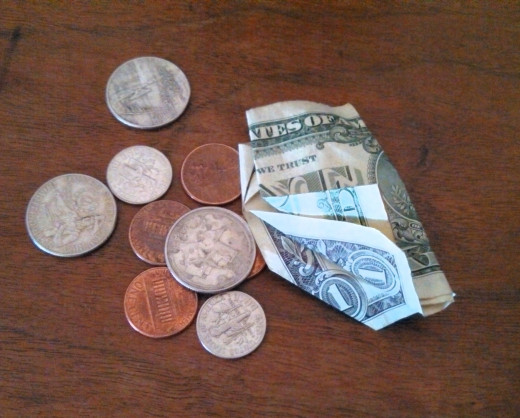
Game Plan: Ways to Save Money Every Day
When it comes down to saving money, the best time frame is to look at every day as a fresh start. What can you do today to save money?
The strategy of saving money every day means you should think for a moment before you buy something. The basic question to ask is, "do I need this?" You might be surprised how much you can save by avoiding a few unnecessary expenses every day. Remember: $5 every day for a year adds up to almost $2,000! Most people could find $5 per day of "extra" spending they could cut without impacting their health or happiness. Plus if you buy less junk, you'll have more room in your house and in your car!
This article goes through a typical day in the life of a penny pincher and shows how to save $17,000 per year by eliminating unnecessary expenses and saving money every day: Frugal Living Blog.
Another part of saving money every day is to critically examine each bill as you get it. Is it something you need to keep? For example, I began to question the value of getting satellite TV. We were spending about $110 per month on satellite TV, but I didn't think we were getting that much value. I decided to cut satellite TV and replace it with a free indoor HDTV antenna and Netflix for $8 per month.
Think about your bills and look for opportunities to lower them. If you get a credit card bill with a high interest rate, work on a way to get a lower interest rate. If you put a bit of effort into this one time, you'll save money every month.
The other day, I received a bill in the mail that included a $2 invoice fee. What!? I was on the phone within seconds to get this ridiculous fee removed. It worked, too.
A few dollars here and there doesn't sound like much, but it adds up. A side benefit of spending less is that you will have less junk. This may not sound like a benefit if you are used to having a lot of stuff, but sometimes less really is more. With less clutter and stuff taking up your money and your space, you will be able to focus on and enjoy things that matter more.
Today is a great day to start saving money every day!
© 2014 Dr Penny Pincher

